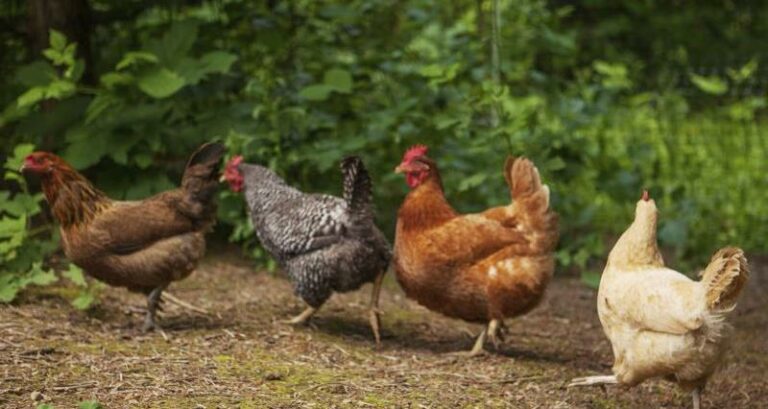The NFU and stakeholders across the industry are urging the European Commission to extend two derogations for organic pig and poultry which are coming to an end on December 31, 2017.
Due to tight supplies of organic proteins, farmers are currently allowed to feed their pig and poultry up to 5% non-organic protein. Where organically-reared pullets are not available, they are also allowed to buy in pullets of up to 18 weeks old, provided they have been managed under the organic feed and veterinary standard.
Without Commission intervention, these derogations will revert back to original regulation which requires a 100% organic diet.
This will not only have severe consequences to the organic sector, such as being unable to source the right nutrition, but will be a major welfare concern for young birds who are extremely vulnerable to predators.
NFU Deputy President Minette Batters said: “It is vital for the organic poultry sector that an extension to these derogations is granted as soon as possible. Producers are planning now for 2018 and currently have no certainty whether these derogations will be in place.
“Organic producers would like nothing more than to use 100% organic feed but they don’t want to do this at the expense of their animals’ health and welfare, which is why an extension is so important.
“The NFU and National Pig Association, along with industry experts, have met with Government officials to stress these concerns and ensure the voice of the organic pig and poultry sector is heard. We will continue to push this agenda with MEPs and the Commission until the situation is resolved.
“The organic poultry sector continues to grow and it would be extremely disappointing to see these concerns go unaddressed.”
NPA chief executive Zoe Davies said: “It is vital for the organic pig sector that these derogations are extended to ensure that producers can continue to control the welfare and diet of their animals.
“Without these derogations, there are serious concerns that the pig and poultry sectors would not be able to source the right nutrition to give their animals the best possible diet.”


